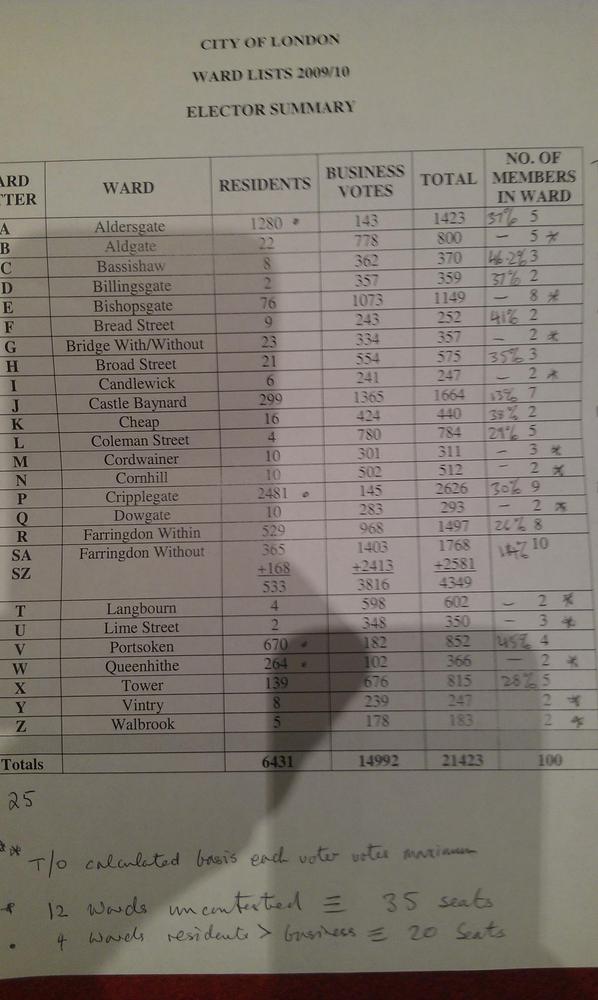I’ve delivered data journalism training in Scotland twice in the past few months, and thought I’d share some tips on what data is available there, given that most guidance on data journalism focuses on data in England or the US.
General statistics and data
Scottish Neighbourhood Statistics has a ‘data download’ page which allows you to download data on a range of topics, each of which has dozens or hundreds of indicators, from ‘Physical environment’ (24 indicators) to ‘Economic activity, benefits and tax credits’ (377 indicators).
Subjects covered include health, housing, access to services, community care, crime, education and ‘special interest’ reports (these include sea fisheries, poverty and cultural event attendance).
Once you’ve downloaded the data you may find that it doesn’t name each local authority but instead uses a series of codes. These are ONS (Office for National Statistics) codes – you can find a master list on Wikipedia.
The Scottish Government Statistics page also provides access to a range of topics, including agriculture, business, tourism, transport and travel.
The Equality Evidence Finder is particularly interesting: this is an attempt to show the equality of different industries across measures such as gender, disability, income and so on. This, for example, is the page summarising the picture for ethnicity in Scottish business, enterprise and tourism.
The General Register Office for Scotland has broad statistics about births, deaths and marriages (known as ‘vital events‘), life expectancy, migration and elections.
And of course don’t overlook Data.gov.uk, where you can subscribe to an RSS feed for new datasets mentioning ‘Scotland’.
Health data in Scotland
ISD Scotland – the Information Services Division of NHS National Services Scotland – provides a range of health data from the right hand column of its home page, from specific conditions including cancer and mental health, through to the NHS workforce, eye care and dentistry, maternity, and prescriptions.
Rather helpfully, NHS Scotland has its own domain at scot.nhs.uk, which means you can a search for Scottish health data on Google by adding site:scot.nhs.uk to any search terms. Using your particular health board (e.g. ‘Grampian’) will also help.
NHS National Services Scotland is another useful domain at nhsnss.org – adding site:nhsnss.org to your search (and, for example filetype:xls) might also bring up some useful data – I found data on gifts and hospitality, payments to GP practices, and cancer waiting times using those.
Health Protection Scotland has regular data reports and publications. And there’s the Scottish Health Survey and Inpatient Patient Experience Survey on the Scottish Government statistics pages.
Education data in Scotland
Education Scotland publishes school reports, publications, and provides school-level information through the Scottish Schools Online portal. Some of this data is available as datasets through the Scottish Government statistics page too, such as this page on school meals.
Environment data in Scotland
Scottish Environment Statistics Online (SESO) publishes datasets on a wide range of indicators from recycling and conservation to air quality and noise pollution.
The Scottish Environment Protection Agency monitors environmental conditions and waste, most of which is linked from here.
And Scottish Natural Heritage has a page linking to statistics and reports.
If you are interested in data which has any sort of environmental impact (this can include things like housing and construction) then it may be worth looking into the Environmental Information (Scotland) Regulations (EIR).
This is similar to Freedom of Information laws, but have fewer exceptions and apply to a wider range of public bodies. The book EIR without the Lawyer is a useful guide for journalists.
Data on crime, justice and fire
The Scottish Government statistics pages on crime and justice, covering everything from perceptions of crime to numbers of police, racist incidents, the prison population and re-offending.
They also have data on fires and fire and rescue services. Audit Scotland also has performance data on the fire and rescue services.
The Judiciary of Scotland has been more open than its English counterpart, with data including judicial expenses, and judgments and sentences – although these are provided as PDFs and feeds rather than more easily downloadable data.
Local government data in Scotland
Audit Scotland’s Council performance pages are a fantastic resource if you’re interested in the performance of services under local authority control. This includes schools, housing, social work and hundreds of ‘performance indicators’, with a spreadsheet for every council.
You can also look at the same data for all councils by service on the services page.
Local government finance data can be found on the Scottish Government statistics site – including council tax collection and budgets.
On housing some local authorities have passed over some or all of their housing responsibilities to housing associations. You can find data on these on the Scottish Housing Regulator site including inspection reports, accounts, performance returns and performance profile, regulation and rules.
The Scottish Parliament
MPs’ allowances are published on the Scottish Parliament website. It’s not particularly easy to download and compare. In these situations it’s often worth searching to see if you can find someone who’s tackled the problem – and Owen Boswarva did (at least, he did in 2011/12), providing a link to the bulk data. If he did it once, he may do it again, if you ask nicely…
Freedom of Information in Scotland
Scotland has its own Freedom of Information Act and its own Information Commissioner, who has a reputation for enforcing the Act more strongly than his equivalent south of the border.
To complicate things, many bodies operating in Scotland will also be subject to the UK FOI Act and the UK Information Commissioner.
You can follow public FOI requests mentioning ‘Scotland’ made using WhatDoTheyKnow, or of course specify a different region like ‘Dundee’ or a related term like ‘Scottish’. And you can look for Scottish public bodies’ disclosure logs, where they may be publishing the latest FOI requests answered.
Scotland also has the INSPIRE (Scotland) Regulations, which provide access to mapping – “spatial” – data.
And more broadly you may be interested in Public Contracts Scotland, which provides access to data on contracts awarded by local authorities, health bodies, education agencies, emergency services and national government.
I’ll be adding to and updating this post as I think of other sources. If you know of any please let me know.

